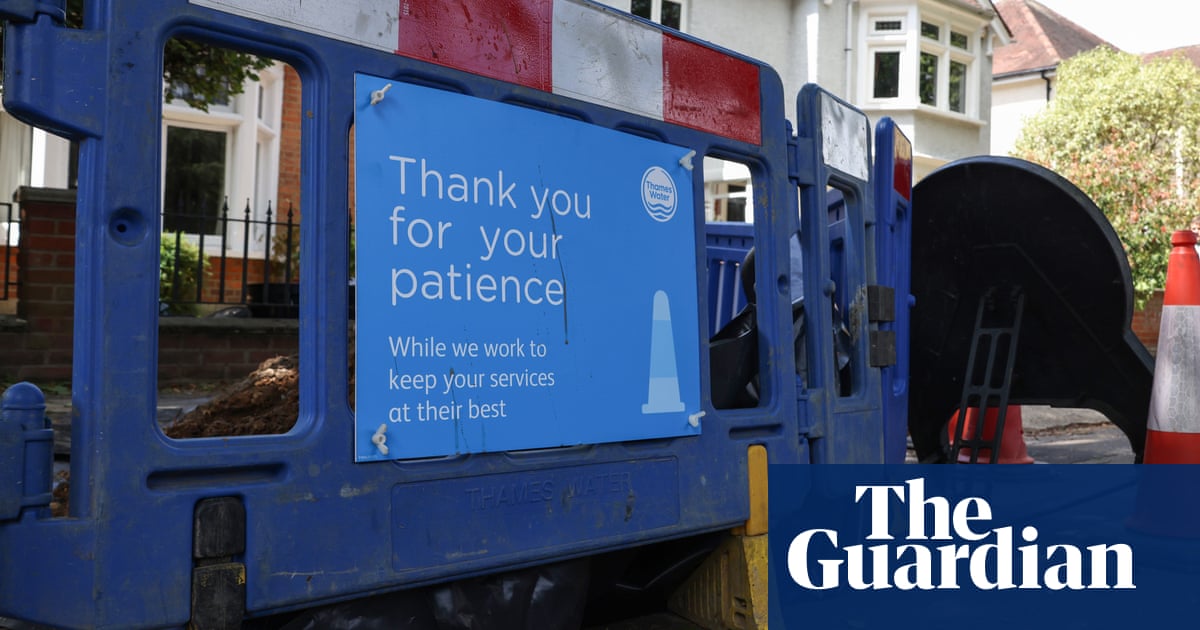Private Equity as Public Debt
Financial Capitalism's uncanny resemblance to Soviet-style economics
ANN PETTIFOR
SEP 14

In today’s Financial Times
Iosco chair Jean-Paul Servais, has pressed a regulator’s equivalent of the panic button.
Acknowledging that Private Equity (PE), hedge funds and private finance are
“now systemically important” Servais warns of “vulnerability” in the sector and notes there is also “frankly speaking, a little too much confidence that all will be fine.”
If your pension fund dear reader, is invested in the sector, or if you are an employee of a GP’s surgery, a hospital, a nursing home, or the resident of a housing estate acquired by PE - you too must worry about its “vulnerability”, which combined with what Servais calls
a lack of transparency and a changing macro-financial environment
threatens the global economy with systemic failure.
And “systemic failure” here means:
we all get hurt by a financial crisis of
the system that like lightning, will ricochet around the world.
Thames Water is the poster child for PE investment, debt and risk. It is Britain’s largest water and wastewater services company and is on the brink of bankruptcy. Its failure gives an alarming insight into the potential systemic failure of the whole PE sector - and with it deeper insights into what passes today as “capitalism”.
Privatisation and Debt: the case of Thames Water.
In 1989, back in the heady days when public utilities like water were privatised by the Thatcher government, UK water companies had all of their debt (£5 billion) written off as an inducement to investors in the City of London to buy the utility.
Since then the company’s collective private debt burden has risen to more than £60 billion - despite managers having ‘saved’ money by not investing in the maintenance of waterworks systems - a requirement of the law - and by pouring sewage in, and polluting the rivers and the sea.
Thames Water was purchased by Macquarie in 2007 at a price of £4.8 billion with debt of £2.8 billion. Over the ten years (2007-17) of Macquarie’s ownership, the company’s debt rose from £3.4 billion to £10.8 billion, and Macquarie ultimately took out £2.7 billion in dividends and £2.2 billion in loans. Since 2017 the company’s debt has grown to £14.5 billion, according to Dr. Sissoko. With interest rates rising the company is on the brink of bankruptcy, well before it addresses the crisis of sewage spills and the contamination of rivers.
Thames Water is a case where investors such as Macquarie have made high returns, at the expense of leaving urban Britain with grossly underinvested waterworks infrastructure.
Someone will have to pay to clean up those rivers. And that someone may well be you, dear reader - as an employee, rate payer, tax payer or pension claimant.
To understand how we’ve arrived at this critical point, bear with me as I take you through the evolution of this story.
An independent analyst, I write about the international financial system and its impact on humanity and ecosystem. I do so without fear or favour. Your support is appreciated.



